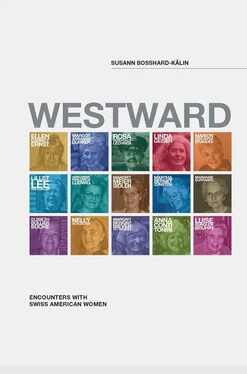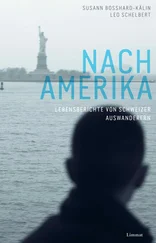Leo Schelbert - Westward
Здесь есть возможность читать онлайн «Leo Schelbert - Westward» — ознакомительный отрывок электронной книги совершенно бесплатно, а после прочтения отрывка купить полную версию. В некоторых случаях можно слушать аудио, скачать через торрент в формате fb2 и присутствует краткое содержание. Жанр: unrecognised, на английском языке. Описание произведения, (предисловие) а так же отзывы посетителей доступны на портале библиотеки ЛибКат.
- Название:Westward
- Автор:
- Жанр:
- Год:неизвестен
- ISBN:нет данных
- Рейтинг книги:3 / 5. Голосов: 1
-
Избранное:Добавить в избранное
- Отзывы:
-
Ваша оценка:
- 60
- 1
- 2
- 3
- 4
- 5
Westward: краткое содержание, описание и аннотация
Предлагаем к чтению аннотацию, описание, краткое содержание или предисловие (зависит от того, что написал сам автор книги «Westward»). Если вы не нашли необходимую информацию о книге — напишите в комментариях, мы постараемся отыскать её.
Westward — читать онлайн ознакомительный отрывок
Ниже представлен текст книги, разбитый по страницам. Система сохранения места последней прочитанной страницы, позволяет с удобством читать онлайн бесплатно книгу «Westward», без необходимости каждый раз заново искать на чём Вы остановились. Поставьте закладку, и сможете в любой момент перейти на страницу, на которой закончили чтение.
Интервал:
Закладка:
My Swiss American friends, it has been a great honor to share in telling your stories!
Susann Bosshard-Kälin
March, 2010, Egg near Einsiedeln

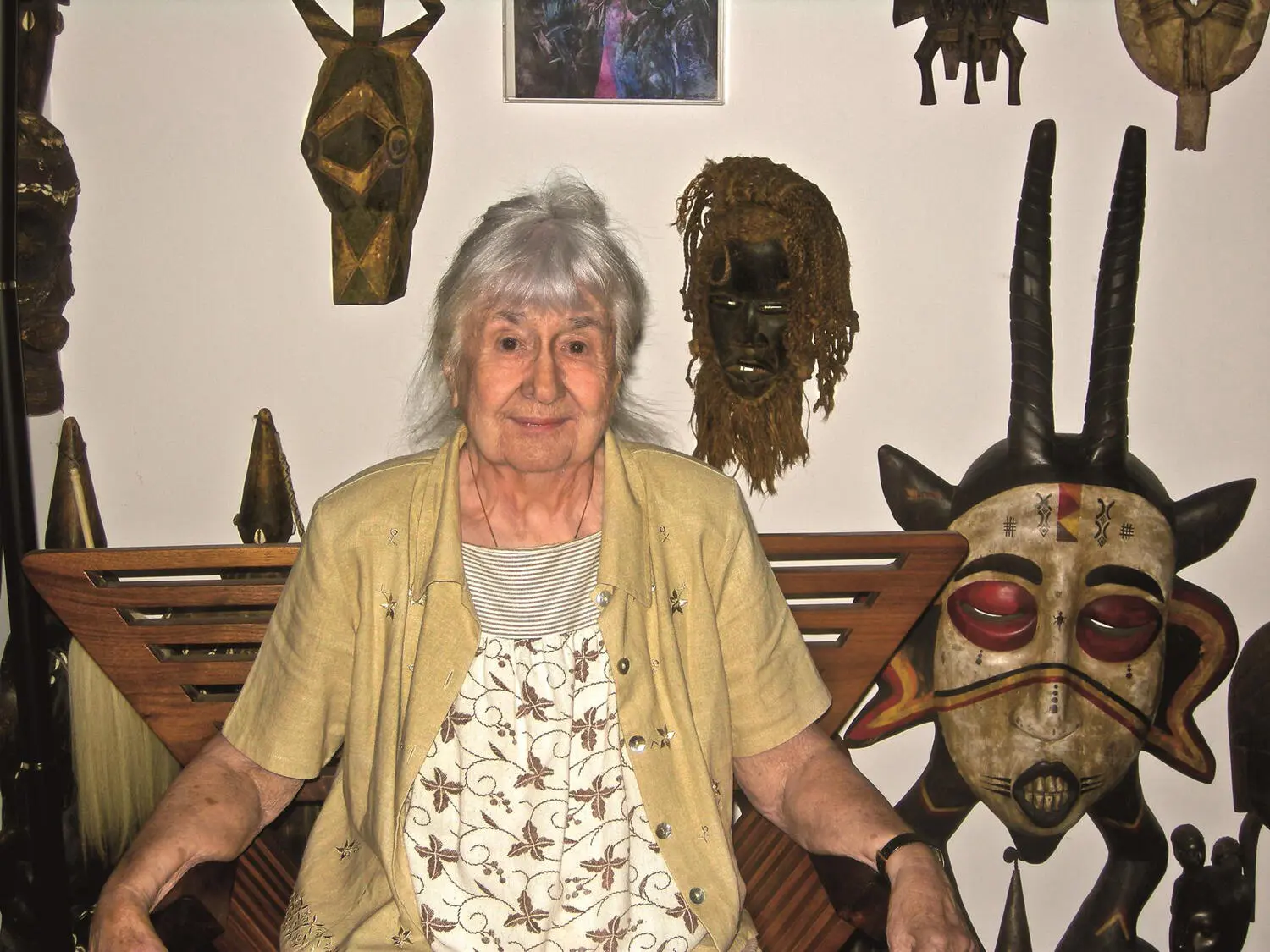
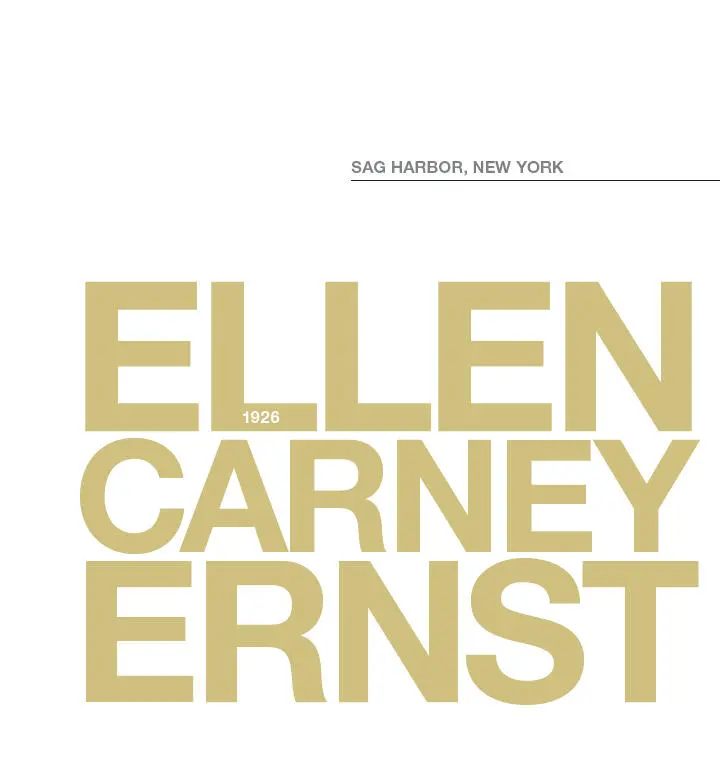
“Our family is like mixed greens of different ethnic groups, says my German friend. My husband David is from Sierra Leone, I am from Switzerland, and my son is married to a Chinese woman. When David and I take our grandchildren with their almond eyes for a walk in Sag Harbor, the whole world meets.” Ellen Carney laughs and uses a clasp to put up her long white hair. She wears a light airy summer dress, which she made herself as she has done with her entire wardrobe for decades.
For over twenty years the family therapist Ellen Carney-Ernst has been living with her second husband David, a former UN official, in Sag Harbor, at the eastern end of Long Island. In the 19 thcentury whalers lived on this island near Manhattan, later painters discovered the region, and today stars and starlets from movies and TV – such as Steven Spielberg or Renée Zellweger – have their summer residences here.
Ellen and David live in a secluded modest house that David had built in the 1950s. The glamour that surrounds the regions of the Hamptons – an area of wonderful sandy beaches – does not affect them. “In Sag Harbor, where everyone has everything, we live behind the times. We don’t need luxury. We drive a 1983 Chevy, and my Mazda is 16 years old. We came to Sag Harbor long before it became the Saint-Tropez of New York.” The Carney’s house is like a museum. It is filled to the rafters with mementoes and treasures of its widely travelled owners. Each piece has its history and tells stories from different continents – Asia, Africa, America, and Europe. Mixed among them are many textile creations of the lady of the house. “Yet at times I would like to see only white walls,” Ellen says.
The one-story house has a basement that is as long as the house and contains a huge library. “This is David’s world. He is a researcher, philosopher, and mathematician. Only he can find his way among these thousands of books about art, philosophy, medicine, politics and literature.” The Carney’s house has no microwave oven, no answering machine, no swimming pool or manicured lawn. “Status symbols mean nothing to me. Do you know how much we have gotten from the village dump? That’s where the rich people discard their good stuff. Lots of books are from there, many of our chairs and our table. Once we saw a grand piano for the taking. And a few years ago I found a Bible from which flew twelve 100-dollar bills. Isn’t this decadent? Of course, I took the money together with the Bible.”
Ellen Ernst was born on April 10, 1926, in Zurich in the car on the way to the Bethanien Hospital. “The doctors gave me little chance to survive. I was blue by the time my parents reached the hospital. I was transported to the Children’s Hospital. My heart was weak as well as my lungs. But I survived, and my parents handled me with kid gloves. I was never allowed to do gymnastics or to swim. I was always ‘wrapped in cotton’. Later in life I made up for it. Perhaps my adventurous life was my revenge; that is certainly possible. I always knew – since I was a child – that I was different; I just didn’t know how I was different.” Ellen was always sickly. “Often I would have a fever and bronchitis for weeks, bronchiectasis. Because of heart and lung problems my parents sent me several times to health resorts, to Adelboden and Ägeri. These days it is again bad with my cough at times.”
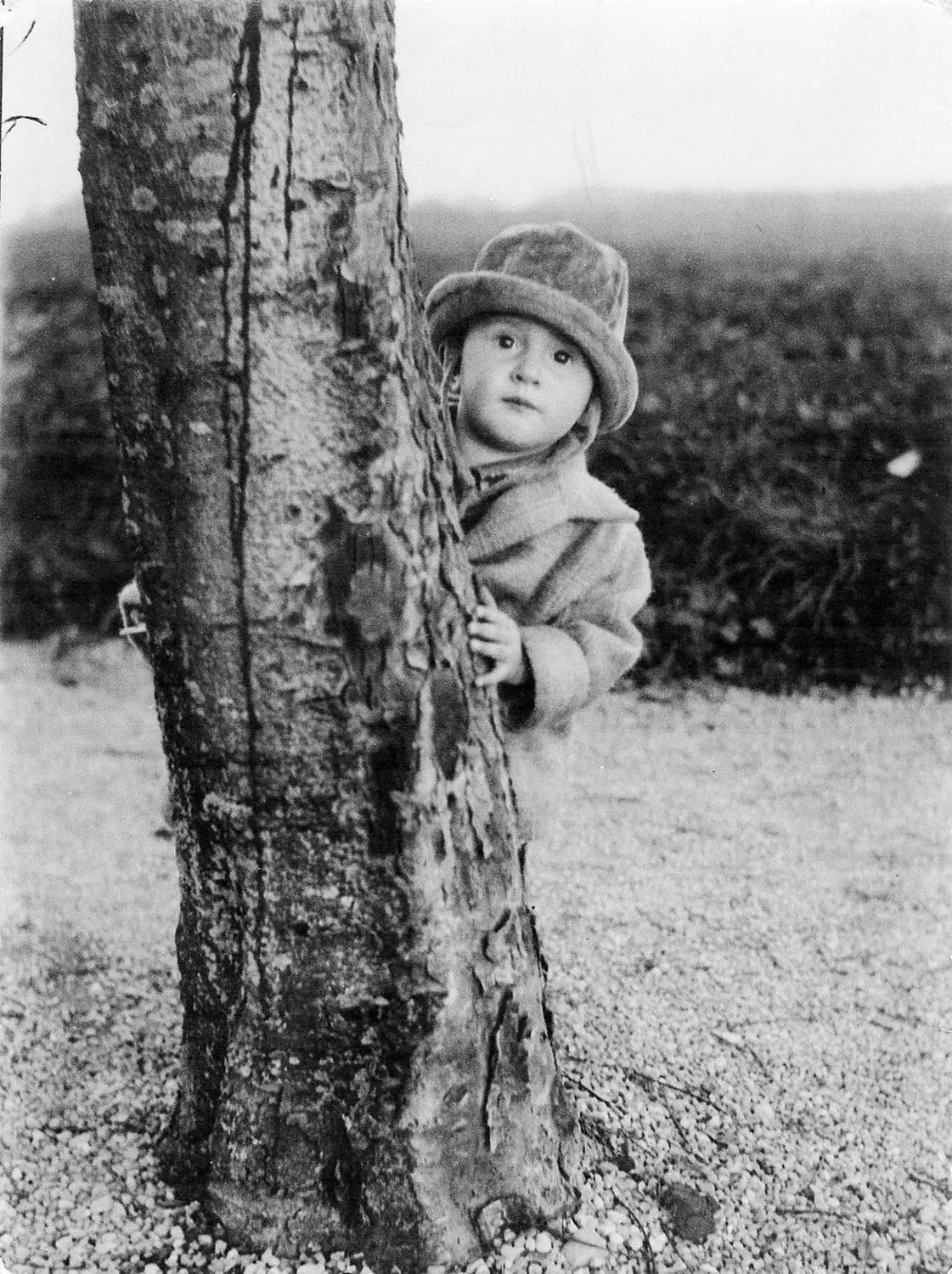
“I always knew that I was different; I just didn’t know how I was different.” (1928)
Ellen’s parents were never really settled. “Mother was a secretary, and my father came from a family of butchers. Father hated butchering, but mother thought she would always have enough to eat, blood and liver sausage. Father preferred to take pictures of guests in Swiss resorts. He developed the pictures over night, and mother had to deliver them the next day. One of my first childhood memories is from Engelberg where on ice people pushed around what looked like water bottles – playing curling. Perhaps I was about two years old. And I will never forget the woman in Wengen who had her leg in a cast on a chair and ate her lettuce with her hands. Besides living in resorts we also lived in Wollishofen, part of Zurich and in Winterthur where we had a movie theater.”
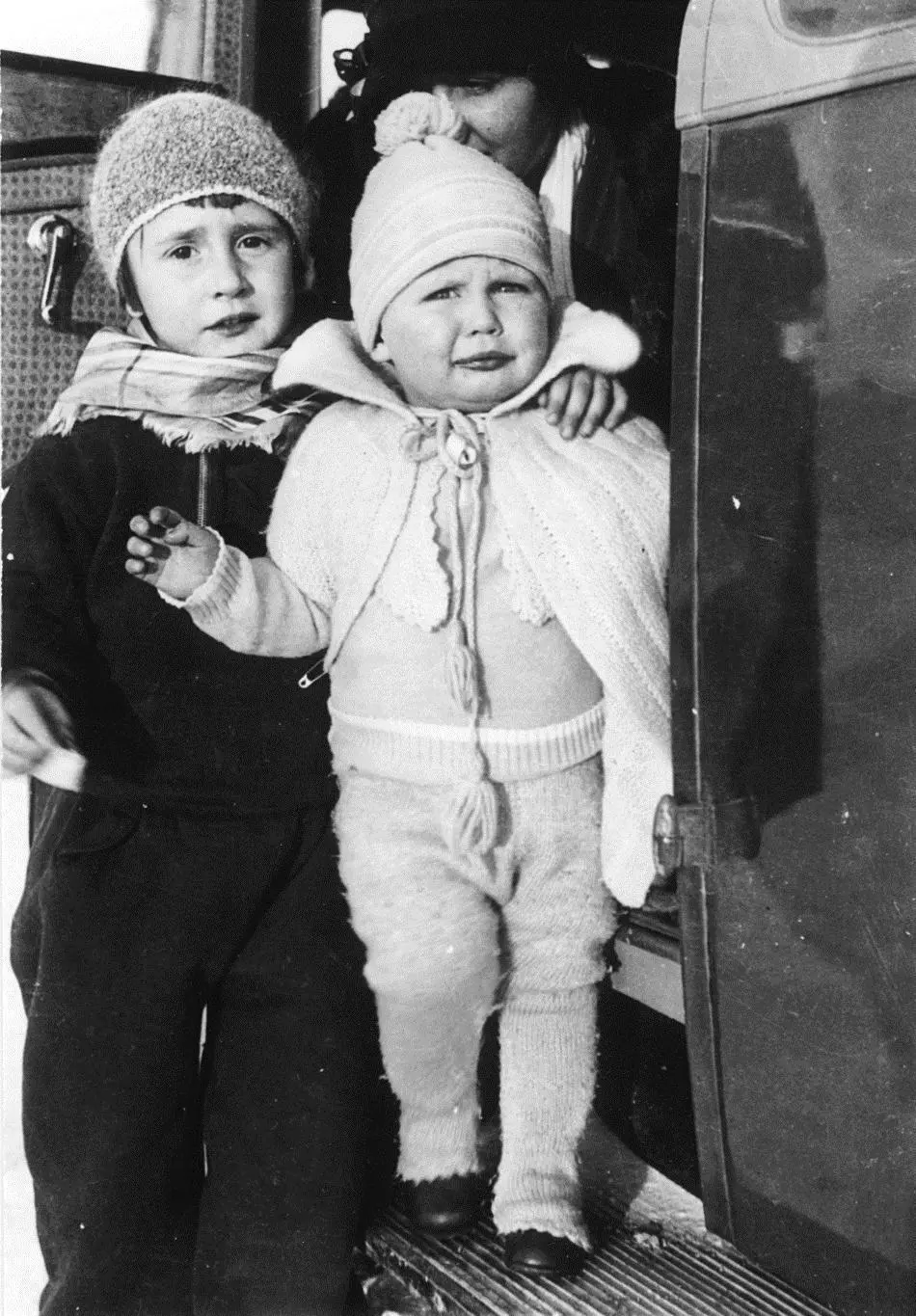
It was only in 1930, when their second child Fritz was born in Altstetten, that the family more or less settled in Zurich. (1932)
It was only in 1930, when their second child Fritz was born in Altstetten, that the family more or less settled in Zurich. But even then, the family kept on moving around town, to the Weststrasse, the Gertrudstrasse, the Grüngasse and eventually to the Badenerstrasse. “My father moved us and his business to various locations. My memories from that time have faded. My parents did not talk about it much. We did not discuss the past. And we rarely had spontaneous guests and there was never much food on the table. My mother always cooked precise amounts. She did not want leftovers. But we always went on vacations, at a time when this wasn’t fashionable yet. We drove to Alassio, to Cattolica, and to the Appenzell during the war. Simply going away: this was different from the families of the children with whom we grew up.”
For health reasons Ellen was not able to attend kindergarten. “I remained in my world of thoughts and phantasies. Our parents had little time for us children. Just the other day Fritz said to me on the phone: ‘You know, our parents simply left us to ourselves.’ But therefore we became independent. This was unusual; it was an adventure. As a child I learned to look around. I observed and drew my own conclusions. As a child I was an introvert.”
Going to school turned out liberating for Ellen. “I devoured books as soon as I was able to read. Emil und die Detektive by Erich Kästner was my first book. Soon I also read newspapers and the Pestalozzi Calendar, which contained pictures and also some cultural items. I was an outsider, hardly had any girlfriends. I had to stay home all the time. My brother says even today that I was too good as a child. I embarrassed him. He always got the spankings that – actually – I deserved.” Becoming a doctor was Ellen’s only dream. “Probably, because I was always sick. My doctor impressed me, and especially our neighbor, Dr. Schnabel, an unmarried woman, who had founded the hospital in Lambarene together with Albert Schweitzer. I had a crush on Albert Schweitzer.”
Ellen’s teacher in primary school realized that this intelligent girl was cut out for the Gymnasium, the college prep school. “He tutored me privately, thus I passed the entrance exam for the Töchterschule , the Gymnasium for girls, on the Hohe Promenade in Zurich. Before the war this was unusual for girls from my social milieu. At the beginning we were about 40 students; at the end it was about a dozen that went all the way to the Matura [the final exam which guarantees entrance to any university]. One became an architect, another a gynecologist. For the last half year before the final exam I had no report card; I was always sick. Out of the six and a half years of the curriculum I probably have report cards for about four years. My classmates knew what would be expected at the final exams; I had not the faintest idea. I simply took the exams without any extra tutorials. But I did pass the finals with Latin, English and Italian.”
Читать дальшеИнтервал:
Закладка:
Похожие книги на «Westward»
Представляем Вашему вниманию похожие книги на «Westward» списком для выбора. Мы отобрали схожую по названию и смыслу литературу в надежде предоставить читателям больше вариантов отыскать новые, интересные, ещё непрочитанные произведения.
Обсуждение, отзывы о книге «Westward» и просто собственные мнения читателей. Оставьте ваши комментарии, напишите, что Вы думаете о произведении, его смысле или главных героях. Укажите что конкретно понравилось, а что нет, и почему Вы так считаете.
